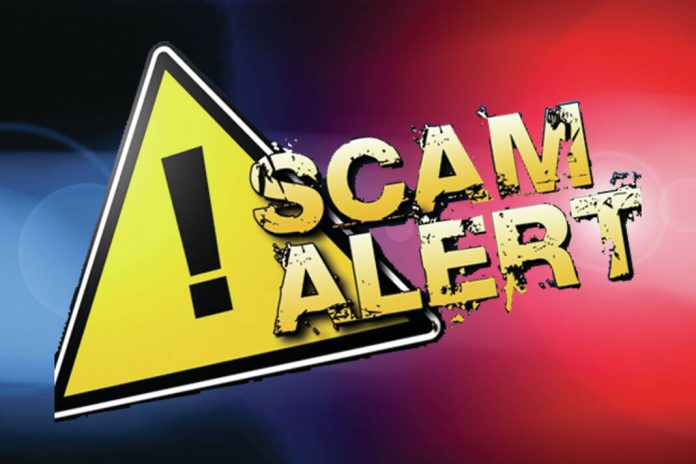Duke Energy is partnering with utilities across North America to highlight Utility Scam Awareness Day.
Recognized annually, Utility Scam Awareness Day was created by Utilities United Against Scams (UUAS), a consortium of more than 150 electric, water and natural gas companies and their respective trade associations.
So far in 2023, more than 400 scam attempts have been reported in Indiana to Duke Energy, company officials said in an advisory message.
In response to scammers targeting customers and calls received from concerned customers, Duke Energy launched the Scam Reporting Tool in March 2023. This tool allows customers to share their experience regarding attempted scams, with the information provided being used to help protect other Duke Energy customers.
Duke Energy will always offer a variety of ways to pay a bill, including online payments, phone payments, automatic bank drafts, mail or in person.
Duke Energy officials say the company will never:
- Specify how customers should make a bill payment.
- Threaten immediate service interruption. Customers with past-due accounts receive multiple advance notices, typically by mail and in their regular monthly bill.
- Ask for personal information or credit or debit card numbers over the phone, by email or in person – for either a payment or a refund.
Customers should refer to their most recent energy bill for the company website and contact information. Duke Energy customers can also download the Duke Energy app in the Apple or Google Play store for added security and convenience.
Customers should look out for these common scams:
- Threat to disconnect — Scammers often threaten immediate service disconnections. They ask for personal information or demand payment to prevent service interruptions.
- Request for immediate payment — Scammers may instruct customers to make payments via prepaid cards, digital payment apps, cryptocurrencies or direct transactions with banking institutions. Duke Energy does not accept payments through the Cash App, Venmo or Zelle apps. (Customers can make payments directly via Duke Energy’s website, duke-energy.com, or mobile app.)
- Promise of a refund or discount — Scammers prey on households with tight budgets. They will inform customers of impending refunds due to overpaid utility bills; however, they need banking information to process the refund. They also may claim that immediate bill payment will result in a discount or that a charitable donation can be made in exchange for a lesser bill payment.
- Personal information — Scammers promise to mail refund checks for overpayments on a customer’s account if they can confirm their personal data, including birthdays and, in some cases, Social Security numbers.
- Digital scam tactics — Sponsored ads on search engines that lead to identical — but fake — utility bill payment pages are on the rise. Scammers are also using QR codes that falsely claim to link to a utility payment page and texts pretending to be from a utility representative with a link to an impostor payment page.
If customers suspect someone is trying to scam them, they should hang up, shut the door or delete the email or text. They also should contact the utility immediately at the number on the most recent monthly bill or on the utility’s official website, not the phone number the scammer provides. If customers ever feel in physical danger, they should call 911.
More information is available at duke-energy.com/StopScams.





